The European Union will never recognize the Russian-occupied Crimean peninsula as legally Russian, the bloc's top diplomat Kaja Kallas told Agence France-Presse (AFP) on April 22.
Kallas' comments come in response to reports that the recognition of Crimea as Russian territory is being considered as part of a U.S.-backed proposal to end the war in Ukraine.
"Crimea is Ukraine," Kallas told the AFP.
"It means a lot for the ones who are occupied that others don't recognize this as Russian."
Russia illegally annexed Crimea in 2014, occupying the peninsula with troops and staging sham referendums to justify the seizure of territory. The move was widely condemned as a violation of international law. Kallas said it would be a mistake to reward Moscow's land grab by including recognition of Crimea as part of a ceasefire deal.
"Then Russia clearly gets what they want," she said.
Kallas said Washington should instead look to mount pressure on Moscow, rather than ceding to Kremlin demands.
"They have tools in their hands to use, actually, to pressure Russia. They haven't used those tools," she said.
"If they are now walking away without using the tools that they have actually in their hands, then my big question mark is, why? Why aren't they using the tools to really end this war?"
While Europe has largely been shut out of the U.S.-brokered peace negotiations with Ukraine and Russia, talks in Paris on April 17 brought Europe back to the table. U.S. delegates reportedly unveiled their ceasefire proposal during the Paris talks — and are expecting a response from Ukraine during follow-up talks in London on April 23.
Representatives from Ukraine, the U.K., France, and the U.S. will convene in London to continue discussions.
President Volodymyr Zelensky has already ruled out recognizing Crimea as Russian.
"There is nothing to talk about. This violates our Constitution. This is our territory, the territory of the people of Ukraine," Zelensky said on April 22.
Chechen scholar: Russia’s cowardly violence in Ukraine is driven by desperation
For most people today, the word Chechnya immediately brings to mind Ramzan Kadyrov, the authoritarian leader who governs the region as a loyal vassal of Vladimir Putin. It evokes images of a turbulent, fear-stricken state at the mercy of the Kremlin’s whims. Yet, Chechnya’s story is far more

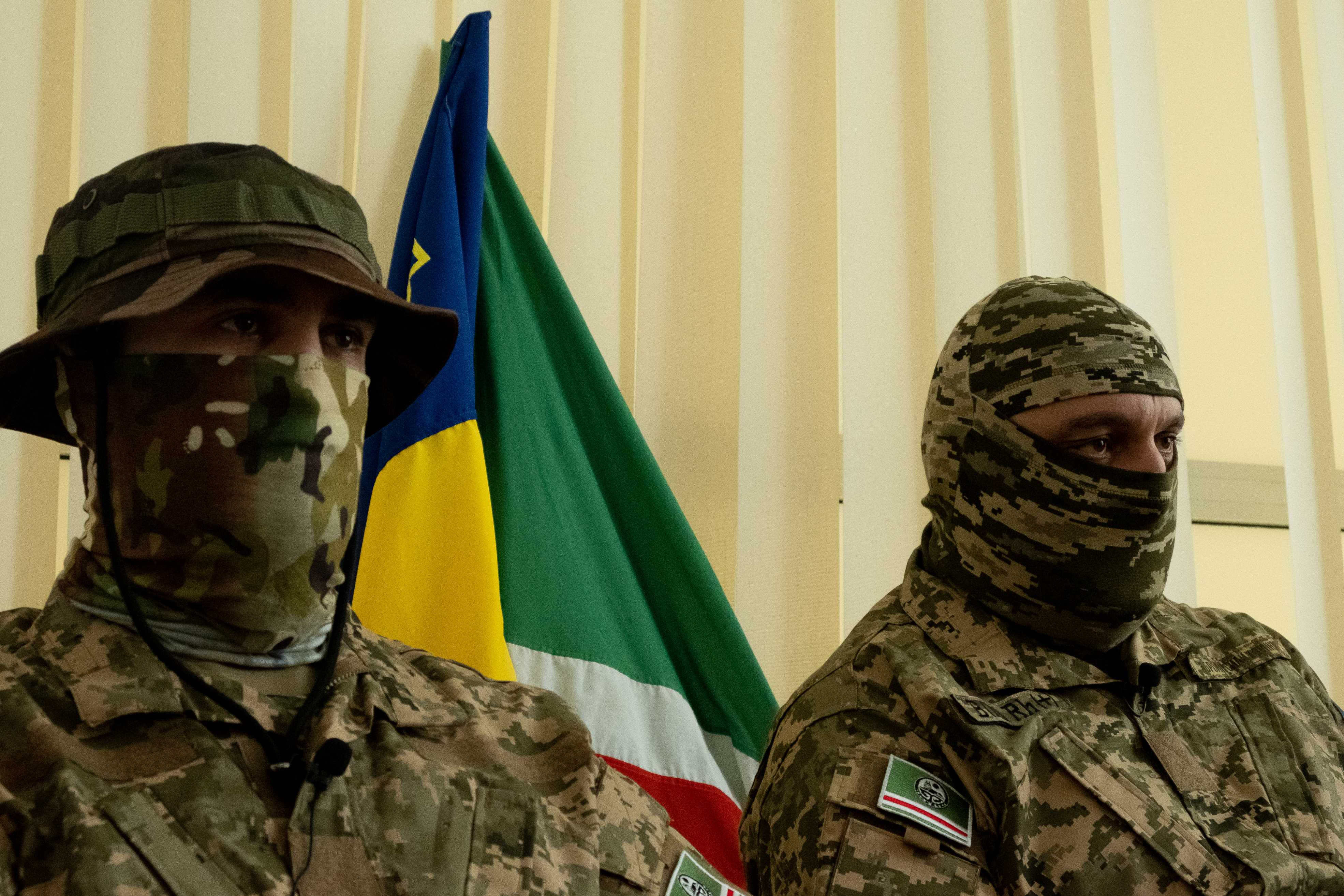
.png)
 German (DE)
German (DE)  English (US)
English (US)  Spanish (ES)
Spanish (ES)  French (FR)
French (FR)  Hindi (IN)
Hindi (IN)  Italian (IT)
Italian (IT)  Russian (RU)
Russian (RU)  5 hours ago
3
5 hours ago
3
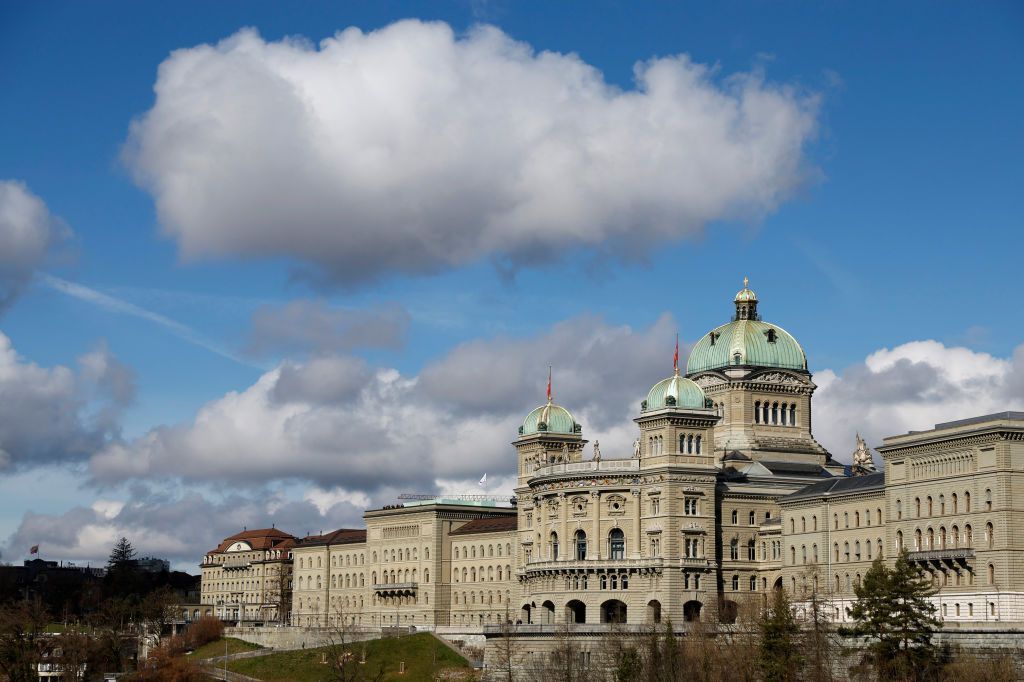
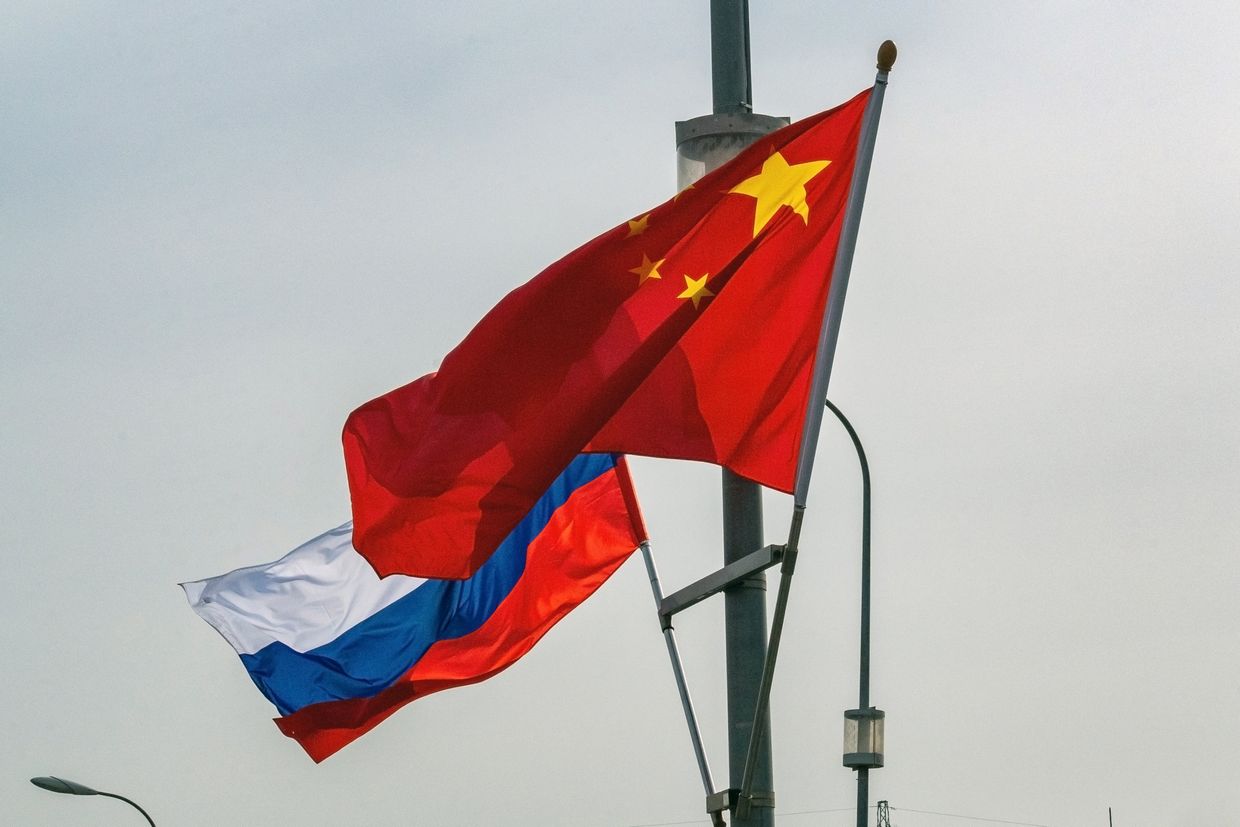
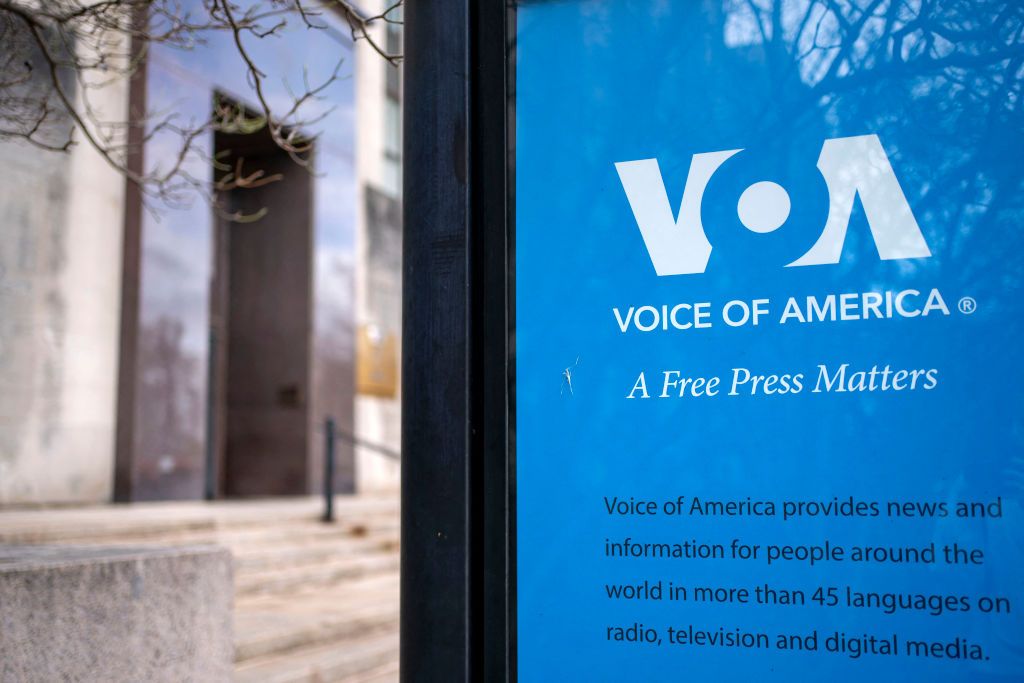
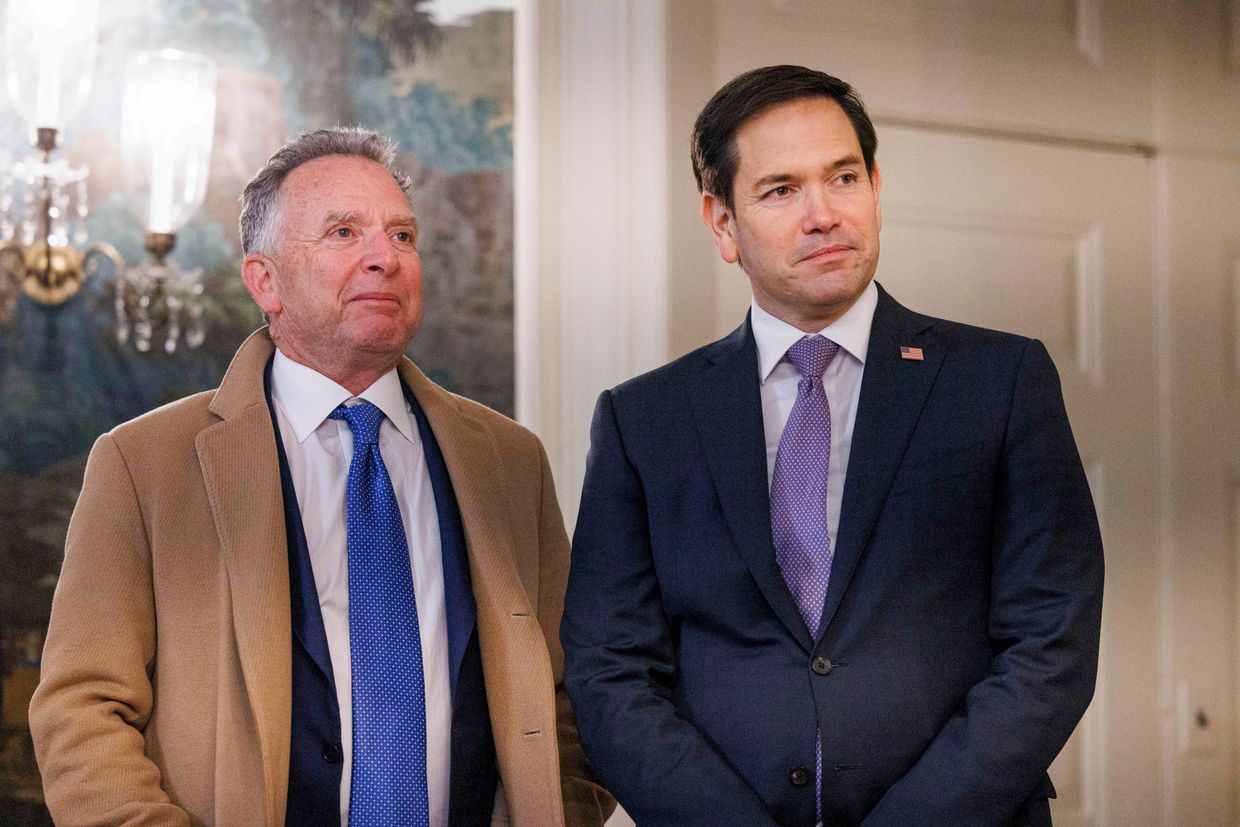





Comments